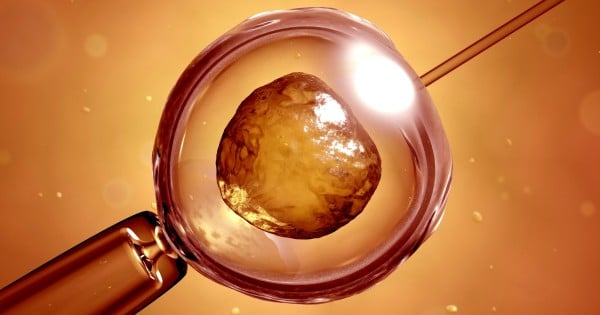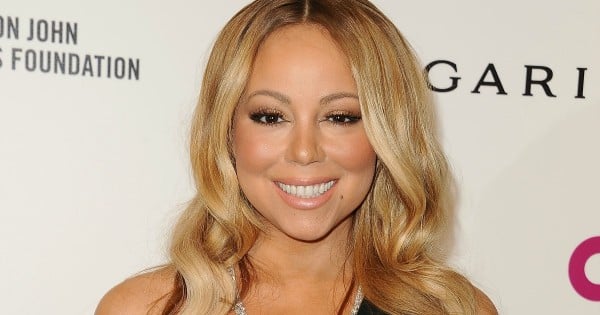
Janet Jackson is reportedly pregnant with her first child at the age of 49.
It’s wonderful news considering Janet and her husband Wissam Al Mana have been trying to start a family for some time.
Rumours of her pregnancy began after Janet was forced to cancel the second leg of her current tour telling fans “My husband and I are planning our family, so I’m going to have to delay the tour. Please, if you can, try to understand that it’s important I do this now. I have to rest up, doctors orders. But I have not forgotten about you.”
Given that she is almost 50, people have begun to question how Janet was able to conceive.
Doctors have publicly stated that a woman of her age has less than a one per cent chance of falling pregnant naturally.
Dr Peter Illingsworth, Head Director of IVF Australia, says that it is unlikely Janet fell pregnant by herself and says that her options would have been limited.
“For a woman in her 40’s, there are really two options; natural conception and IVF. A woman older than her 40’s the only real possibility is egg donation.”
Dr Illingsworth says, “a woman’s uterus doesn’t age. It is the eggs which age. Obviously though, an older woman will carry more health risks during pregnancy”. For this reason, IVF Australia’s policy is currently that they do not carry out egg donations to women over the age of 52, generally considered the natural age of menopause. “You have to know that while pregnancies in the 40’s and 50’s are possible, they are still very risky.”
